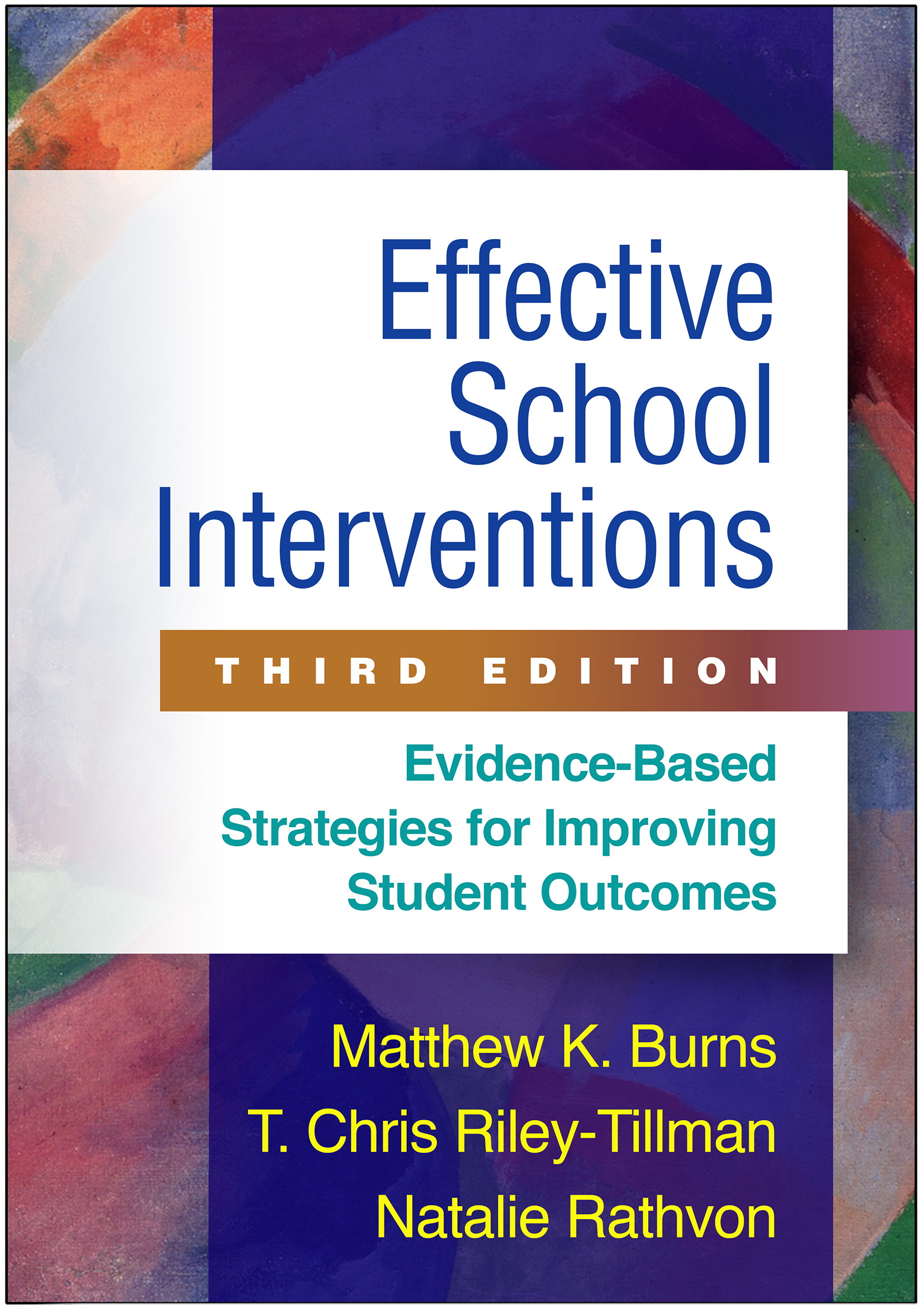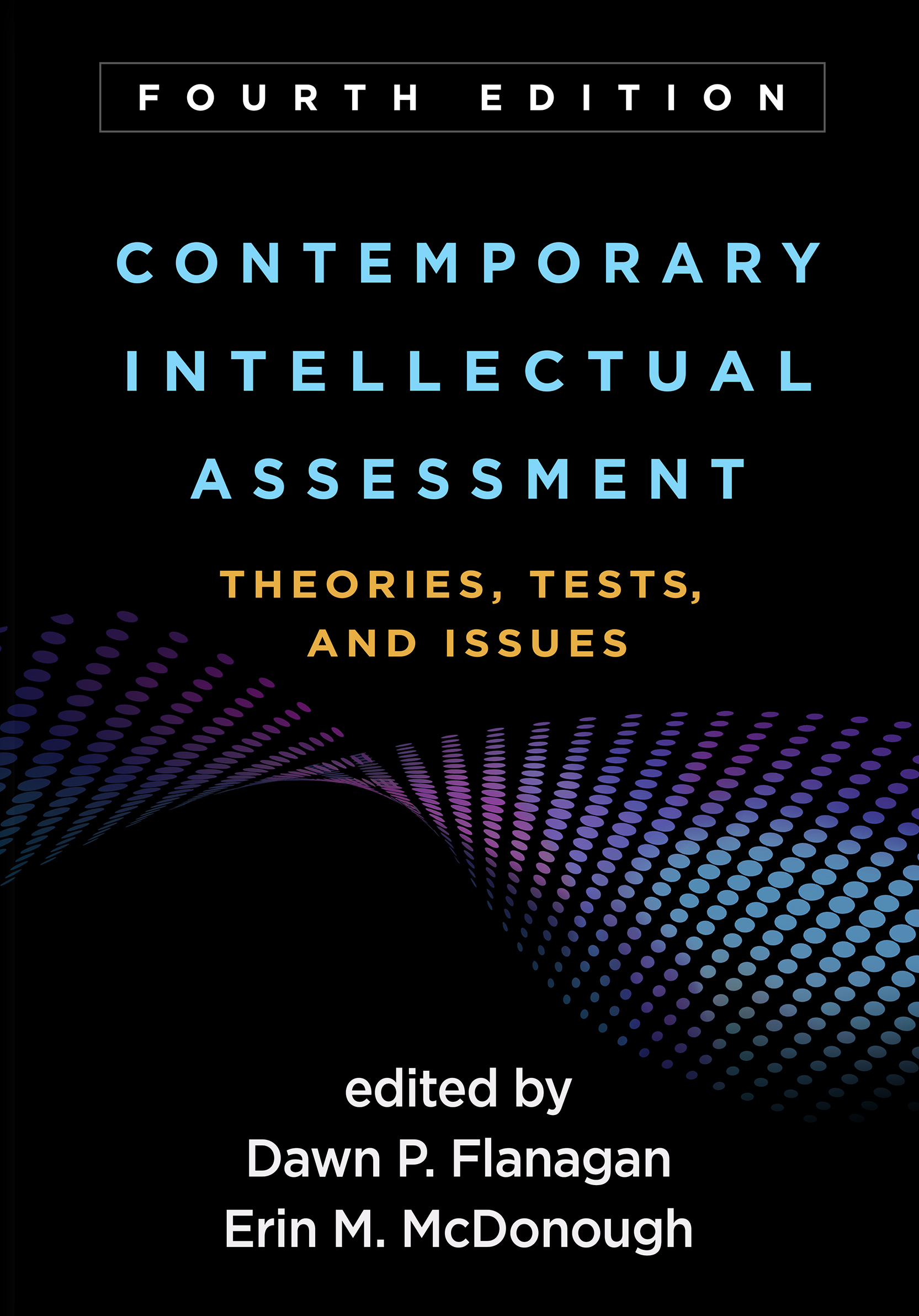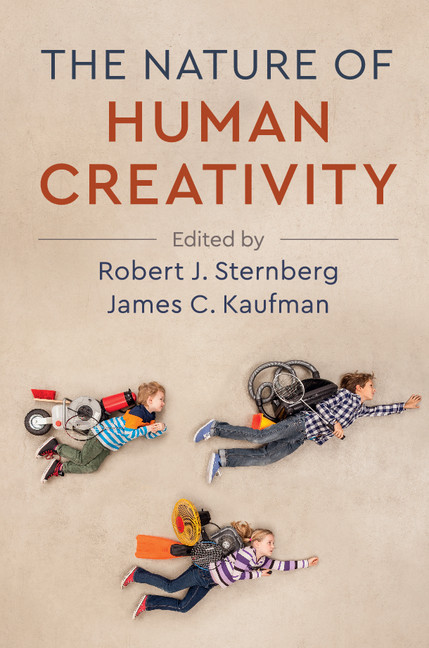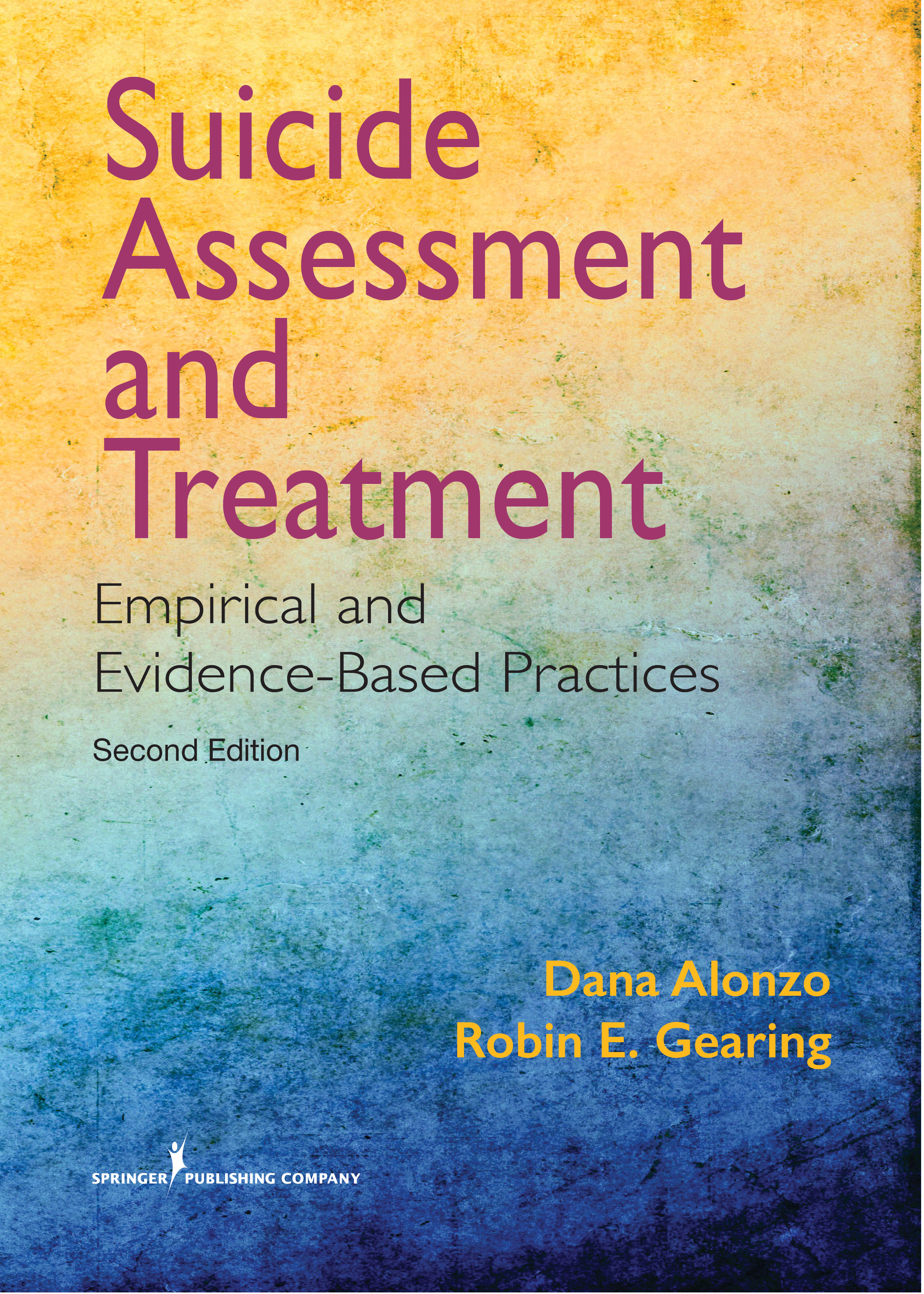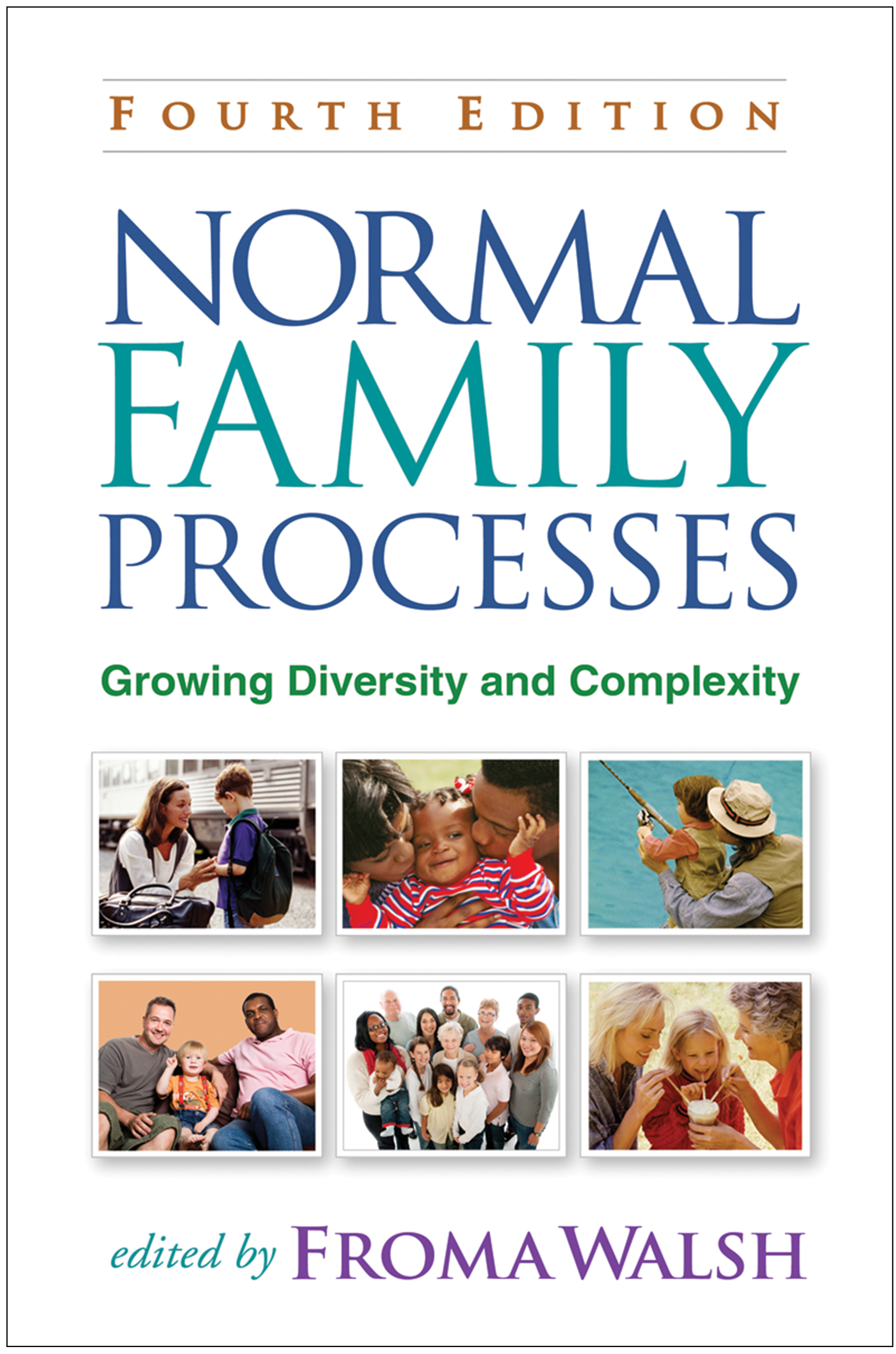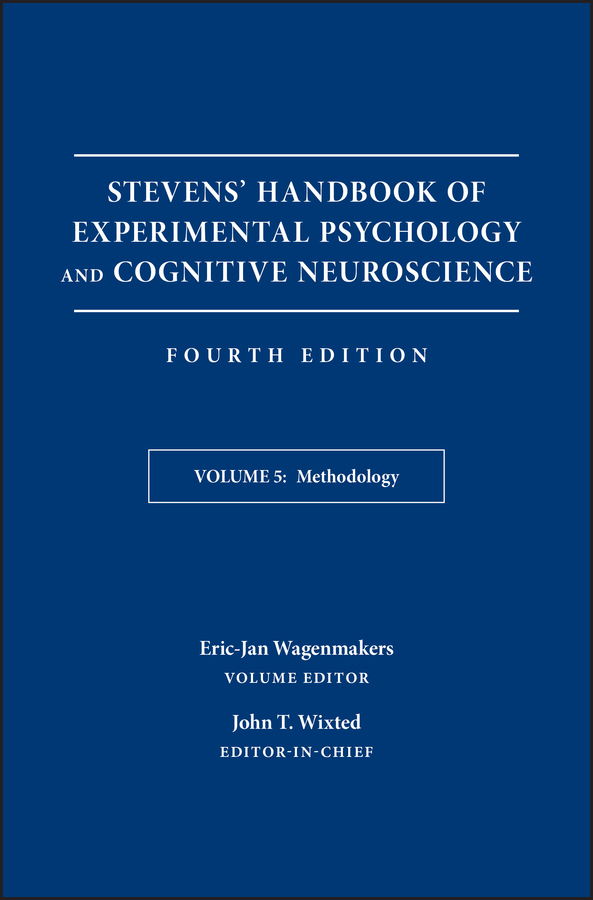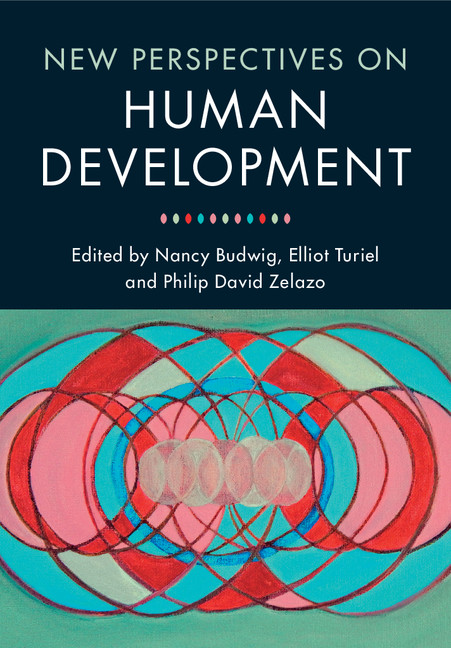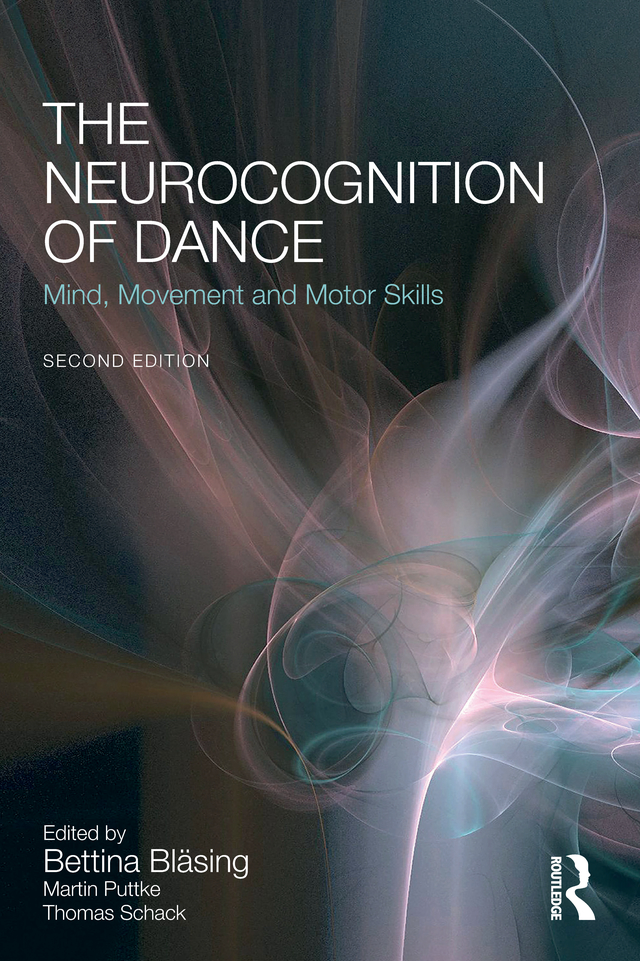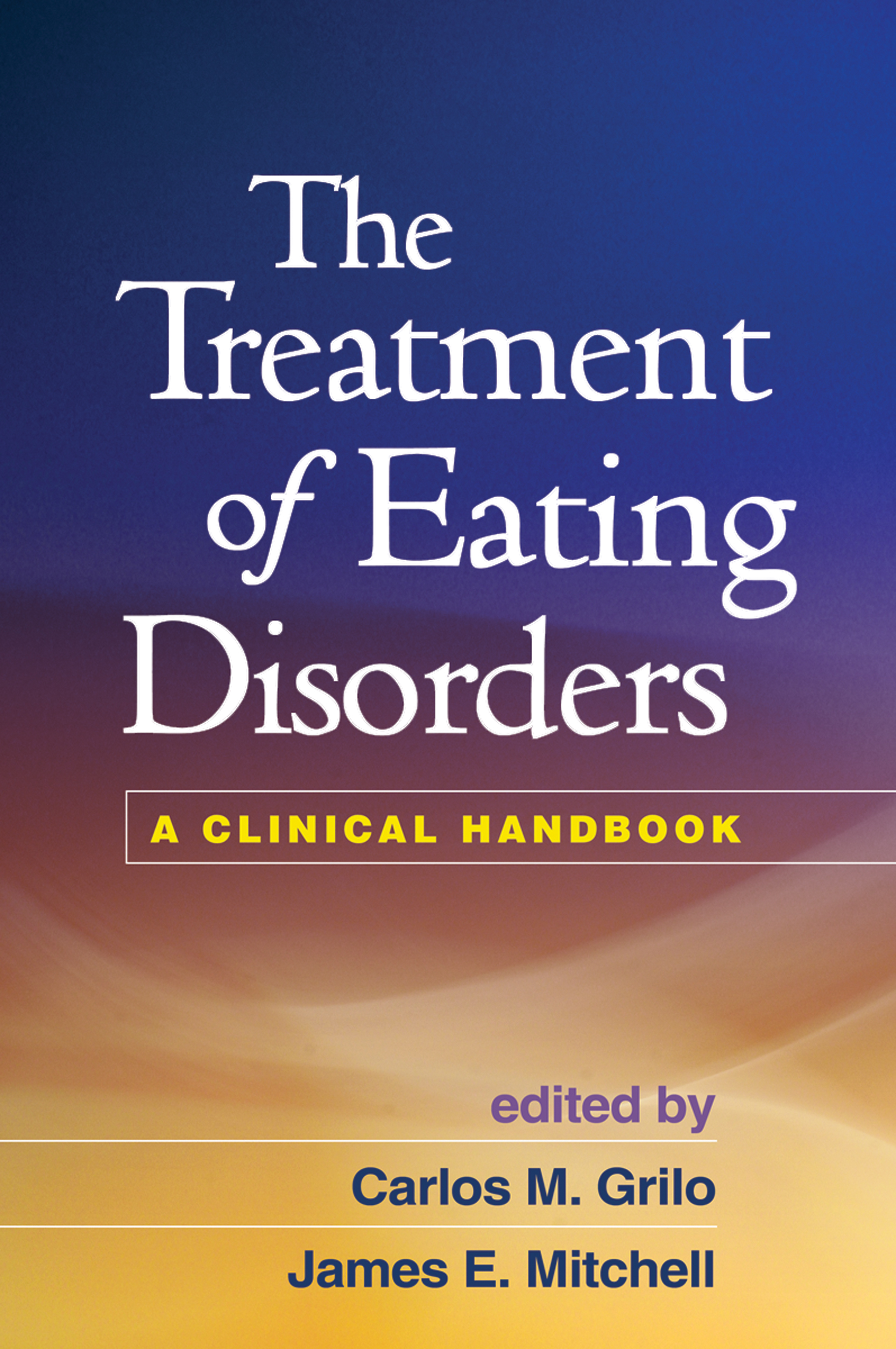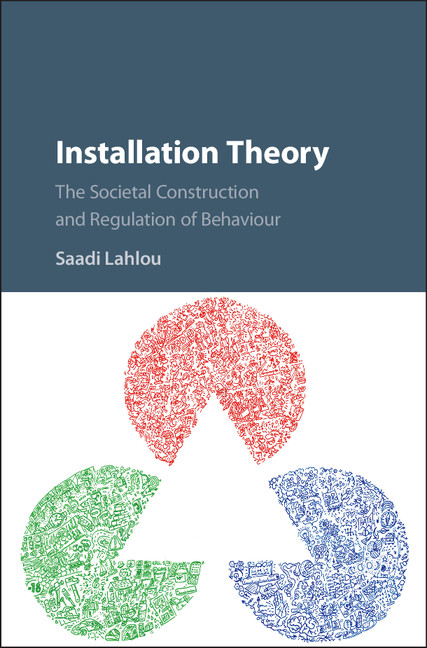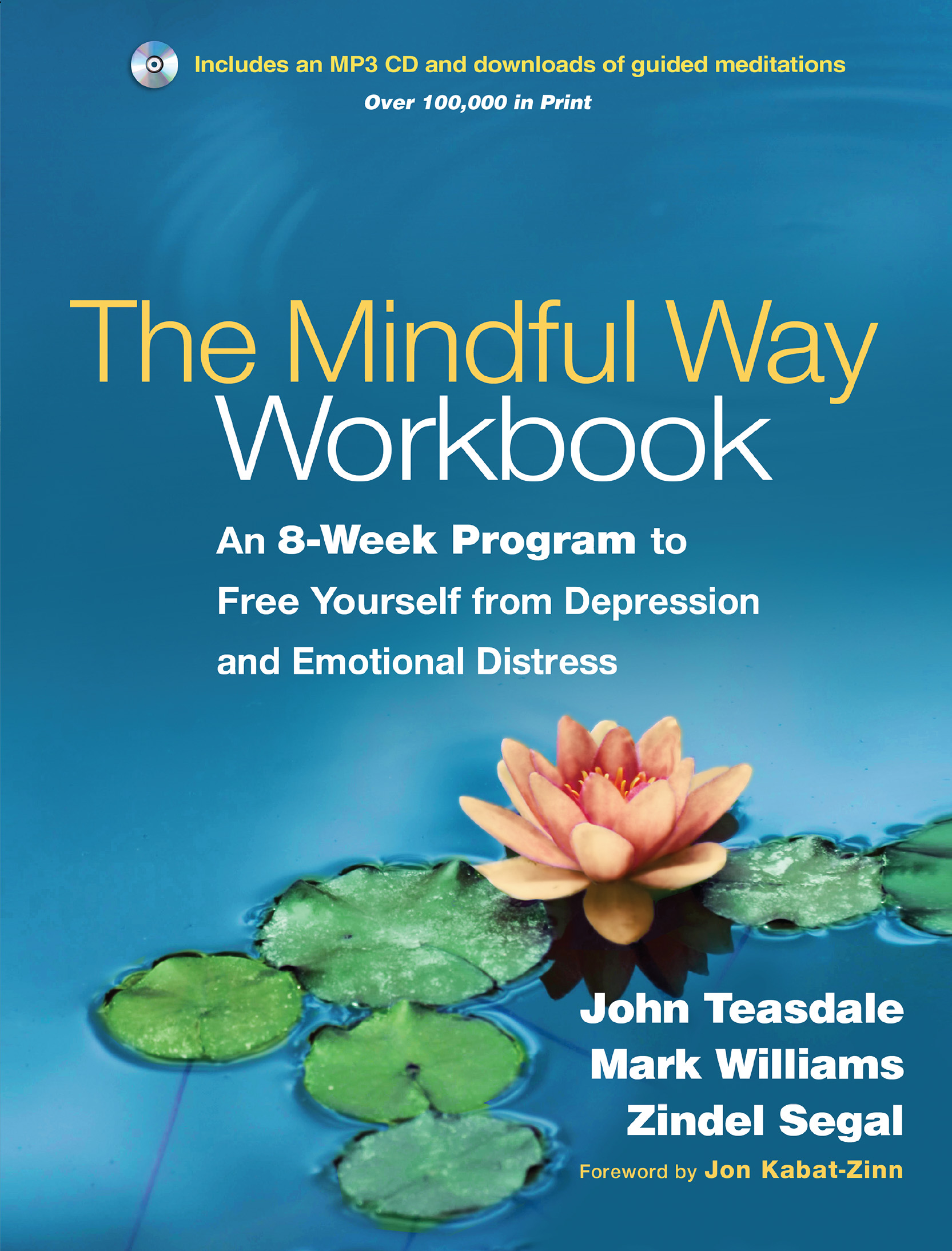
- Browse Category
Subjects
 We Begin at the EndLearn More
We Begin at the EndLearn More - Choice Picks
- Top 100 Free Books
- Blog
- Recently Added
- Submit your eBook
password reset instructions

Sexual Assault Risk Reduction and Resistanceexplores the theory, research, and practice of sexual assault risk reduction, resistance education, and self-defense programs for women and other vulnerable groups, including sexual minorities, individuals with disabilities, and those with histories of victimization. Following an ecosystemic perspective, the book examines individual risk and protective factors for sexual victimization, as well as peer-, family-, community- and societal-level factors that influence risk for sexual violence and inform the content of programs.
This volume brings together leading researchers and practitioners to operationalize sexual assault risk reduction approaches and highlights the rationale and need for risk reduction in the context of other sexual assault prevention efforts. The volume provides an overview of the history of this sexual assault prevention approach and addresses current controversies and questions in the field. The authors outline risk and protective factors for victimization and discuss how these factors guide risk reduction efforts. The volume also outlines the theory and effectiveness of current sexual assault risk reduction and resistance practices and addresses special populations and future directions.
- Reviews theoretical approaches to sexual assault risk reduction
- Summarizes program outcome studies
- Delineates feminist self-defense approaches
- Details what it means for prevention to be "trauma informed"
- Considers how to provide risk reduction without victim-blaming
- Confronts current controversies in the field of sexual assault risk reduction
- Details how prevention can address the role of alcohol in sexual violence
- Discusses international prevention efforts
- File size
- Print pages
- Publisher
- Publication date
- Language
- ISBN
- 9.02x5.98x1inches
- 470
- Academic Press
- June 1, 2018
- English
- 9780128053898






